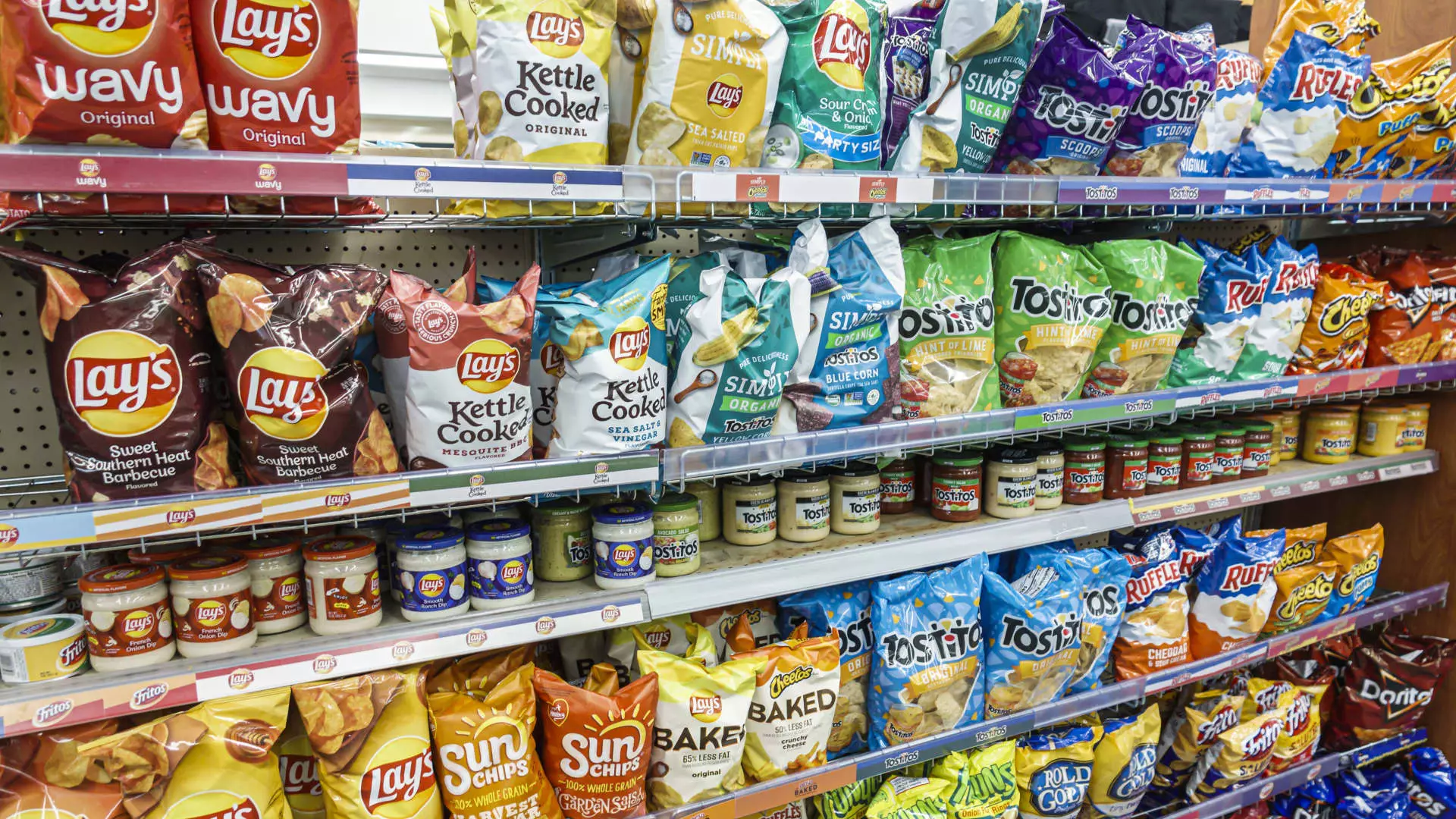On a tumultuous trading day, stocks of major processed food companies plummeted, driven by investor concerns surrounding potential regulatory changes under President-elect Donald Trump and his ally, Robert F. Kennedy Jr. As the market closed on Friday, industry giants like PepsiCo experienced a drop exceeding 3%, while Coca-Cola’s shares fell by about 1%. This sharp decline reflects broader anxieties that could reshape the landscape for American food brands, particularly those associated with unhealthy or highly processed products.
The source of this turmoil can be traced back to Trump’s nomination of Kennedy as head of the Health and Human Services Department. Responsible for overseeing vital agencies such as the Food and Drug Administration (FDA) and the Centers for Disease Control and Prevention (CDC), Kennedy’s appointment is not only significant but controversial. Critics have raised alarms given Kennedy’s track record as a vocal vaccine skeptic and conspiracy theorist, which casts doubts on his stance regarding public health and regulation.
Should Kennedy secure Senate approval, he will gain the authority to influence essential public health programs, including Medicare and Medicaid. Such a position raises concerns among investors who are apprehensive about how his “Make America Healthy Again” agenda could lead to stringent regulations scrutinizing the processed food sector. The fear is accompanied by Kennedy’s outspoken view that current food regulations fail to protect children from unsafe food products.
Notable Stock Declines Across the Industry
The market reacted sharply to these political developments. Many companies suffered considerable stock declines, with General Mills, known for its Cheerios, and Conagra Brands, which produces the popular Reddi-wip, both dipping around 3%. Campbell Soup, which has brands like Goldfish and Pepperidge Farm under its umbrella, also saw shares tumble more than 3%. Kraft Heinz, famous for its macaroni and cheese and Oscar Mayer products, experienced a more modest decline of just over 1%.
Lamb Weston, a major provider of frozen potato products with clientele such as McDonald’s and Chick-fil-A, faced a worrying drop of more than 5%, underscoring the broad impact of these market fears. Even WK Kellogg Co., the manufacturer of Fruit Loops, saw its stock fluctuate, despite closing higher that day but still being down considerably over the week. This trend illustrates significant investor hesitance regarding companies tied to heavily processed food products, highlighting a shift in market sentiment leaning towards health-oriented investments.
Furthermore, Kennedy’s critiques of current food regulations introduce a looming concern about the industry’s future direction. In a recent interview, he questioned the ingredients in popular cereals, emphasizing consumer health and advocating a reduction in unnecessary additives. This stance may not only catalyze increased corporate transparency but could also prompt consumers to increasingly favor healthier alternatives as they become more informed about food contents and nutritional values.
In sum, the combination of Kennedy’s appointment and evolving consumer expectations represents a pivotal moment for the processed food sector, igniting both policy-driven changes and shifts in market dynamics that investors will need to consider moving forward. The landscape promises significant instability as stakeholders navigate the ramifications of proposed regulatory scrutiny.

